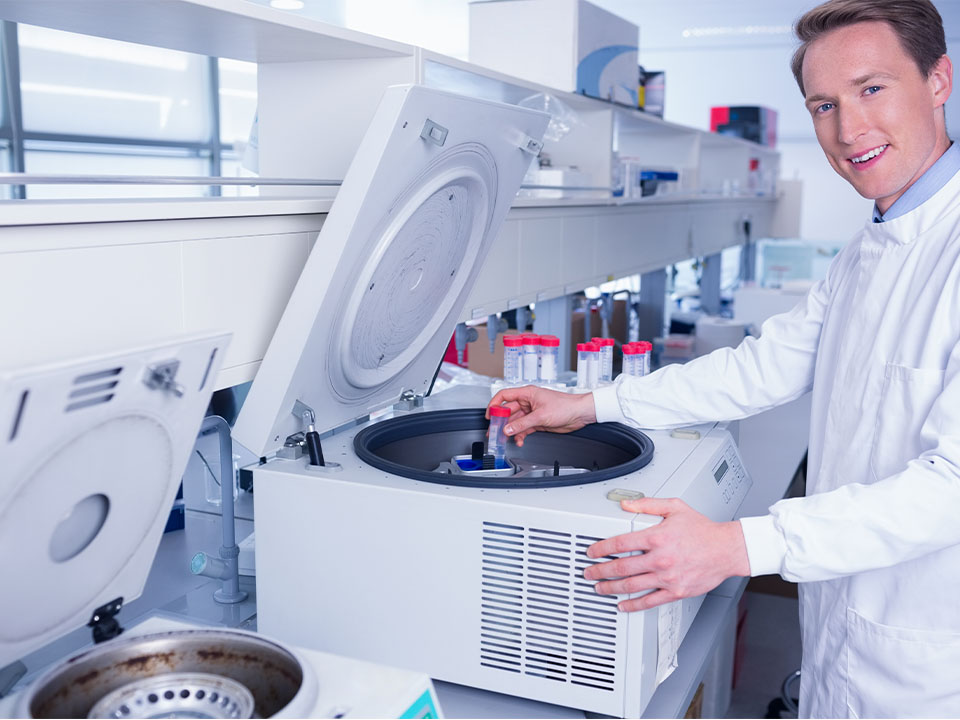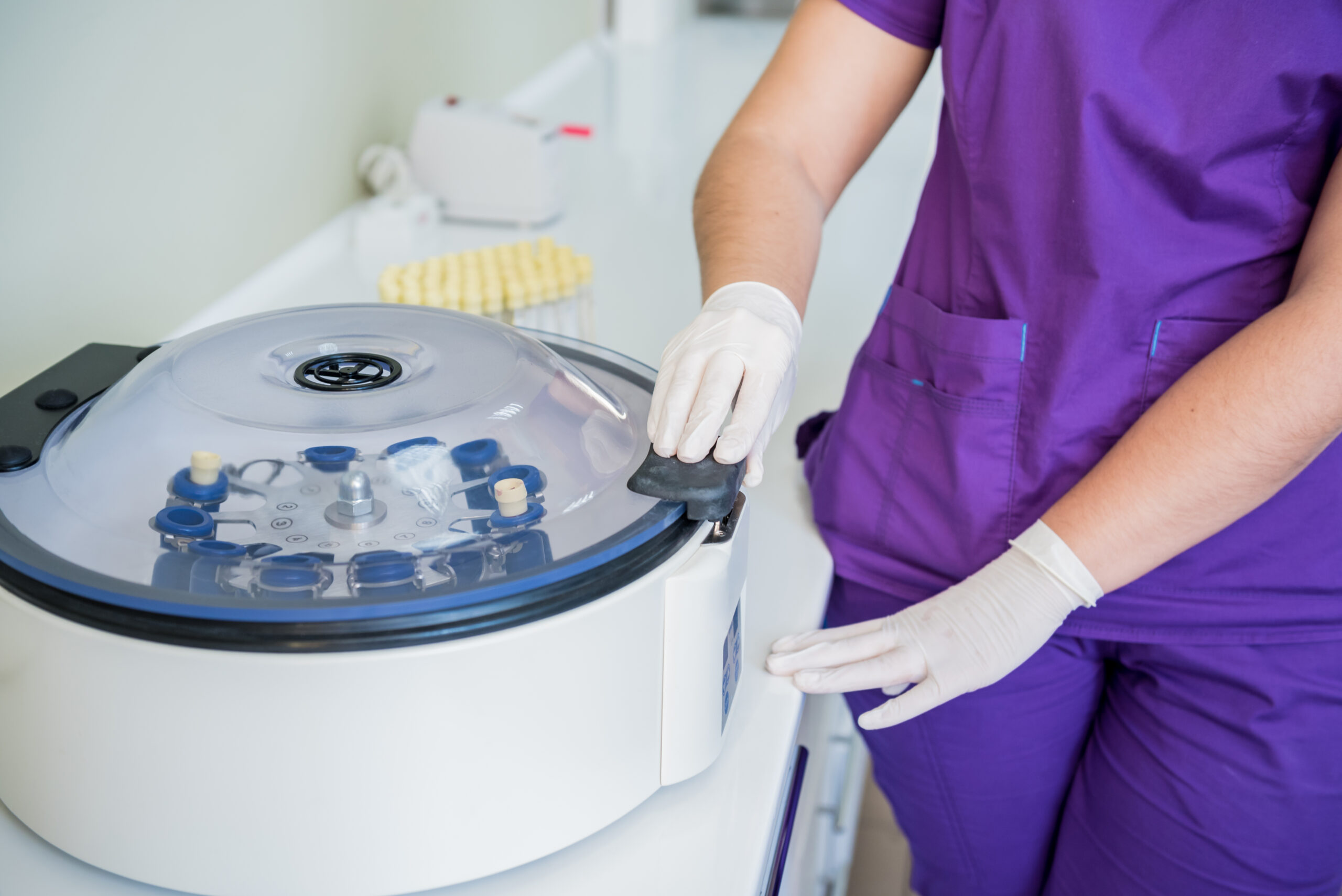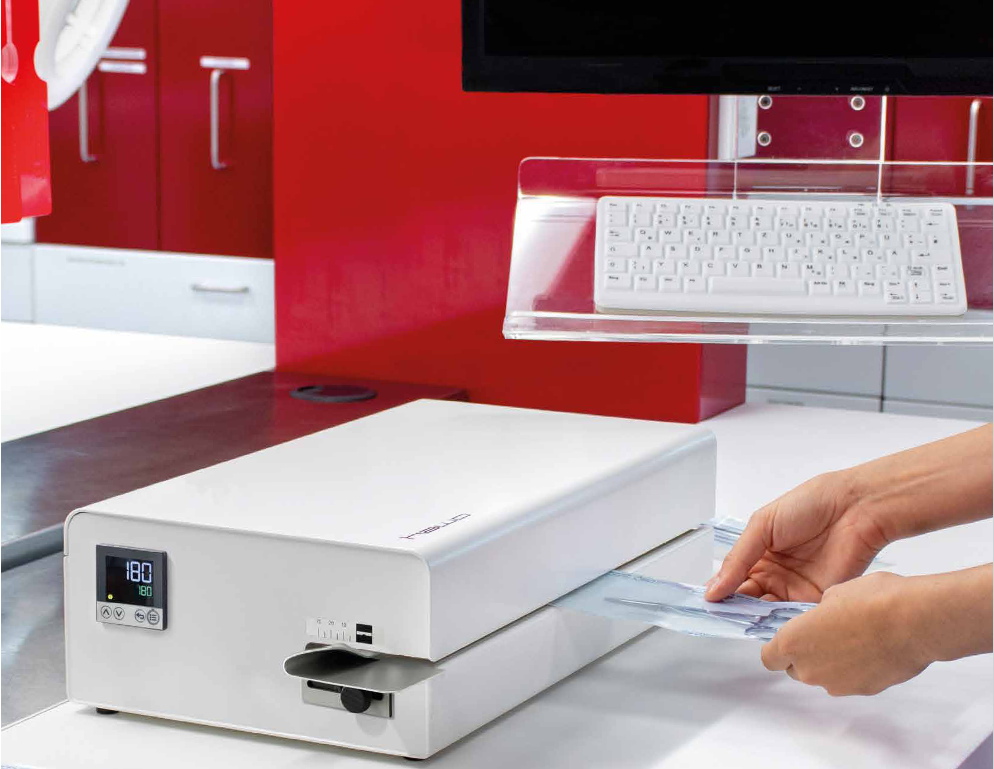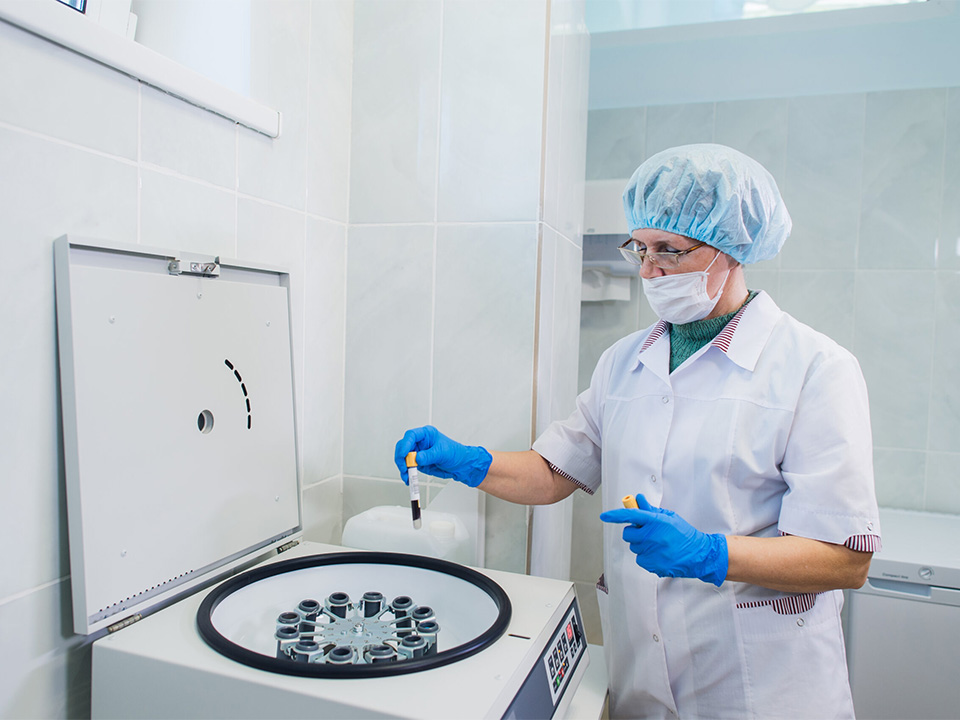Although Christmas is a time of year when you will no doubt buy gifts for family, friends and work colleagues, it can also be a time to think about buying new equipment for your laboratory. As many laboratories close for the Christmas period for deep cleaning, it is an ideal opportunity to install new capital equipment, ready for use the New Year. For example, you might consider replacing that ageing centrifuge in your laboratory.
Choosing the right centrifuge for your needs can be incredibly confusing, especially if you are not familiar with the options available. Furthermore, there are so many different brands out there- Hettich, Sigma, MSE…the list goes on! To help you decide, here are some useful hints and tips to consider before parting with your cash:
Consider the amount of work space available
Space can be at a premium in some laboratories, especially those located in overcrowded city centres where it is not possible to simply build a new wing or extend the building by a few metres. For some users, the dimensions of the centrifuge are crucial. All reputable centrifuge manufacturers will give accurate dimensions of their centrifuges in their brochure. Make sure you take a note of these measurements and see if it will fit in the required bench or floor space. Be sure to also consider the space around the centrifuge. Usually manufacturers recommend a clear space of around 30 to 45cm. This allows space for the centrifuge to turn on its axis in the event of a disruption.
Benchtop or floor standing?
Centrifuges come in two types: benchtop and floor standing versions. Floor standing models can be further categorised into ones that are at full height and ones that are slightly lower so they fit underneath a work bench.
Furthermore, some benchtop models can be placed onto a trolley allowing the user to move the instrument from one location to the next. This may be something you want to consider if departments are sharing an instrument.
Capacity
The number of tubes that the user wishes to spin can also be critical in deciding which centrifuge to purchase. High throughout is a key factor and some laboratories will be assessed on how many samples they can process. It is a balancing act between having a centrifuge with a big enough capacity, but with a small enough footprint.
To refrigerate or not to refrigerate. That is the question…
One important question you will have to ask yourself is: do I need refrigeration? Refrigerated centrifuges are considerably more expensive than non-refrigerated ones. It is unlikely that the centrifuge you require will need refrigeration unless the sample that you are spinning is susceptible to warm temperatures. A good example of this is with blood.
When a centrifuge is spinning, it generates heat. If spinning a liquid such as blood, you will not want to expose it to high temperatures as the heat will damage the sample. In this instance, you will need a refrigerated centrifuge.
Refrigerated centrifuges work in a similar way to how your fridge freezer works at home. The centrifuge bowl is wrapped in copper coil around the outside. A compressor then pumps refrigerant gas around the centrifuge bowl, keeping the internal chamber cool. This all adds to the cost of the unit, so don’t buy a refrigerated centrifuge unless you really need it.
Choose your rotor wisely
Users will have to choose whether they need flat separation or not. If flat separation is required, a swing-out rotor will be needed. However, if faster speeds are required in order to separate the substance, then a fixed angle rotor will be needed. A fixed angle rotor will give angled separation which can be inconvenient if the next stage of the process is automated. For example, chemistry analysers need flat separation when analysing blood because of the risk of the nozzle accidentally testing the red cells instead of the plasma.
Other factors to consider
There are a number of other factors to consider when choosing a centrifuge. For example, the price is very important, especially if your department is under pressure to make cost savings. It is quite common for procurement departments to have the final say on what is purchased and so a competitive price is vital in these circumstances. MSE is currently running some special offers on their centrifuges, saving the user hundreds, if not thousands of pounds. Take a look at our special offers page for more information.
Availability of spare parts is also important. How do you get them? Do they have to be imported? What are the typical lead times?
Finally, after sales service is of great importance as you will want a supplier who can give you the support you need during the life of the instrument. When something goes wrong, or you need technical help, consider how easy it is to talk to somebody over the phone or arrange visit by a field service engineer.
If you need any further help in buying a centrifuge, please contact us on 020 8663 4610. Our friendly team are on hand to give you free advice and can provide you with a no obligation quotation if you need it.






